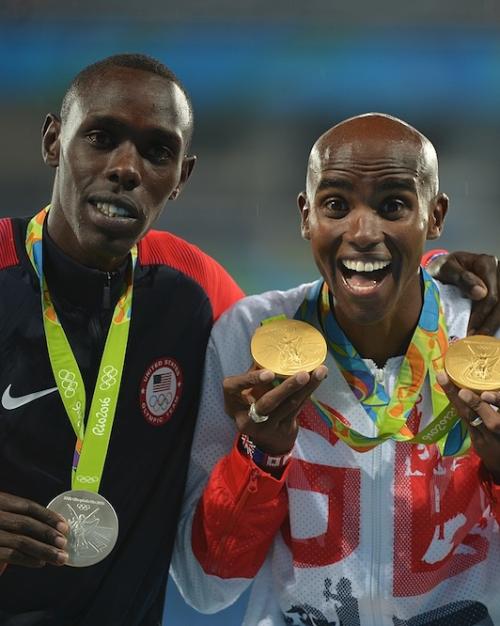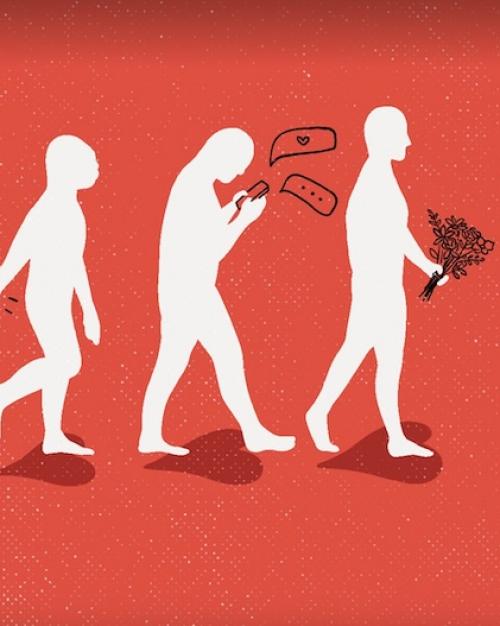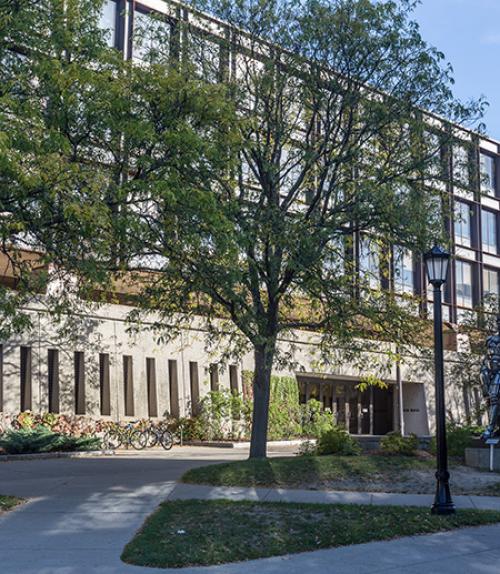This is an episode in the “What Makes Us Human?” podcast from Cornell University’s College of Arts & Sciences, showcasing the newest thinking from across the disciplines about what it means to be human in the twenty-first century. Featuring audio essays written and recorded by Cornell faculty, the series releases a new episode each Tuesday through the fall.
As a species, we human beings are fond of pointing out that we are unique on this planet; that to be human is to be special in a way that distinguishes us from all other animals. Of all the things that seem to make us unique, we have often appealed to our intelligence as the most important. So proud are we of our intellect that when it came time to name our own species we couldn't help but put "wisdom" in our name: “homo sapien” is Latin for “wise man.”
This is not an unreasonable conclusion to reach--even the raw intellectual abilities of a human toddler (arguably) surpass those of nearly every other animal on earth. And no other species has computers, builds skyscrapers, or is capable of writing essays about itself. But while thousands of years of intellectual dominance on the planet may have made us confident in our cognitive abilities, the last few decades have shaken this confidence. We are now capable of building machines that in many ways make our brains seem slow, imprecise, and terribly error-prone. The exponential growth of computing power has opened up the use of algorithms as tools to process huge amounts of data in milliseconds, which allows computers to make judgments with a level of accuracy that no human being could have achieved in a lifetime.
Because of this, computers are increasingly being relied upon to do jobs that only humans would have been able to do a few years ago--but better, faster, and with fewer errors. Adding insult to injury, the last 50 years of psychological research has demonstrated the limitations of our cognitive abilities and documented the various common errors in judgment that we, as a species, tend to make over and over again. Never in the history of humankind have our brains seemed so obviously limited. Intellectual superiority can no longer be so proudly held up as the defining characteristic of our species.
But this, I believe, is a good thing. The power of our brains may be dwarfed by the computers we carry around in our purses and pockets, but we are still smart enough to know that we make mistakes, to learn when and why we make them, and to work on ways to improve our judgments and decisions despite our limitations. We may not be the smartest things on this planet anymore, but some humble reflection on our limitations can keep us wise. If I am right, we may not have to change our name after all.
More "What Makes Us Human" podcasts are available on iTunes and Soundcloud.





